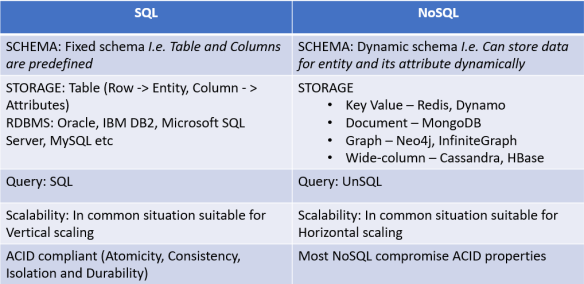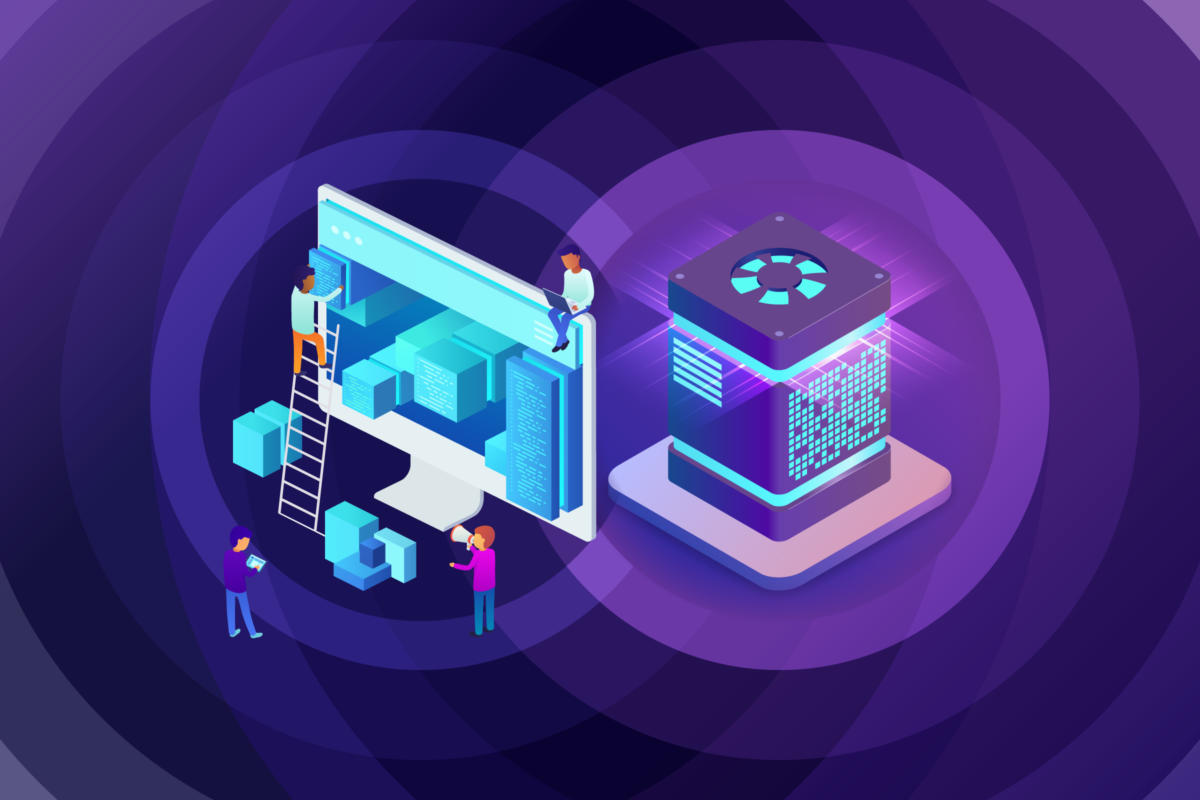
SQL is a very complex topic that can be confusing to thoroughly understand. This article makes it simple to get a good grip on what these databases are and how they work differently. It walks you through the definitions of SQL and NoSQL, what they are, the differences between them, and tips for determining whether SQL or no NoSQL is a better choice for your business.
What are SQL and NoSQL?
SQL and NoSQL are both databases that store data. Despite how confusing and complex the debate over whether SQL and NoSQL is better might seem, the concepts of SQL and NoSQL are actually just that simple when you get right down to it.
SQL—which stands for Structured Query Language—databases and NoSQL databases both do the same job. They both store data—they just differ in how they are built and how they store the data they receive. The major differences between SQL and NoSQL are outlined in more detail below.
Differences Between SQL and NoSQL
There are several differences between SQL and NoSQL. These differences range from how these databases are built to what type of data they store to how they store data. While some of these differences might seem inconsequential, they are all important to note for any business that is trying to figure out which of these databases would be more efficient for their purposes.
If you are trying to determine whether to use SQL or NoSQL for your business, check out these 7 differences between SQL and NoSQL.
- Database Type
SQL and NoSQL are different types of databases. SQL databases are known as relational databases that are either open-sourced or close-sourced. NoSQL databases are known as non-relational databases. NoSQL databases are also known by another name—distributed databases—and are classified by the type of data they store.
SQL databases are table-based databases. They store data primarily in tables with rows and columns. NoSQL databases are usually document-based, which makes them more dynamic. However, NoSQL databases can also be key-value pairs, graph databases, or wide-column stores.
- Scalability
The scalability of SQL and NoSQL databases are opposites. SQL databases are vertically scalable, whereas NoSQL databases are horizontally scalable.
You can increase the storage of an SQL database by increasing the horsepower of its server, whereas you can increase the storage of a NoSQL database by reducing its load via increasing its number of servers.
- Language
SQL databases use structured query language to define and manipulate data.
NoSQL databases utilize unstructured query language, which has variable syntax depending on the database.
- Data Type
SQL databases are best-suited for storing large data sets because of their table-based format and high level of integrity.
NoSQL databases are well-equipped to store hierarchical data because they use key-value pairs for data storage.
- Properties
SQL and NoSQL databases are based on different properties. SQL databases are based on the properties of atomicity, consistency, isolation, and durability.
NoSQL databases are based on consistency, availability, and partition tolerance.
- Transactional Functionality
For any application that requires primarily transactional functionality, an SQL database is likely the best database for the job. SQL databases are table-based with rows and columns, which means that they are well-equipped to handle transactional data.
NoSQL has the ability to handle transactional data as well, but it is not ideal as it is less stable and does not facilitate complex transactional applications well.
- Support
SQL databases have been around for much longer than NoSQL databases. As such, there are a ton of support resources available to help anyone who is struggling with their SQL database. SQL vendors offer expert support for all SQL databases.
On the other hand, there is very limited support available for NoSQL databases. Businesses that use NoSQL databases have to rely primarily on community resources to get support.
Understanding the differences between SQL and NoSQL can, in turn, help you understand which types of data and jobs these databases are each best suited to handle, which can help you determine which type of database is a better fit for your business.
If you have any questions, feel free to reach out to us.

